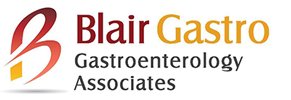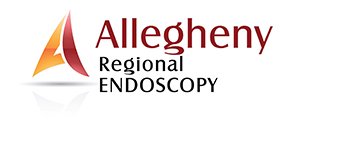What is Endoscopic Retrograde Cholangiopancreatography?
Endoscopic retrograde cholangiopancreatography (ERCP) is a test that uses a dye to highlight the drainage ducts in the liver, gallbladder, and pancreas. This test is oftentimes done to find the reason for chronic abdominal pain or jaundice and also to detect diseases of the liver, pancreas and bile ducts. At Blair Gastroenterology Associates, we specialize in diseases and disorders of the digestive system. If you need to speak to one of our experienced physicians about this test, be sure to contact us at your earliest convenience.







